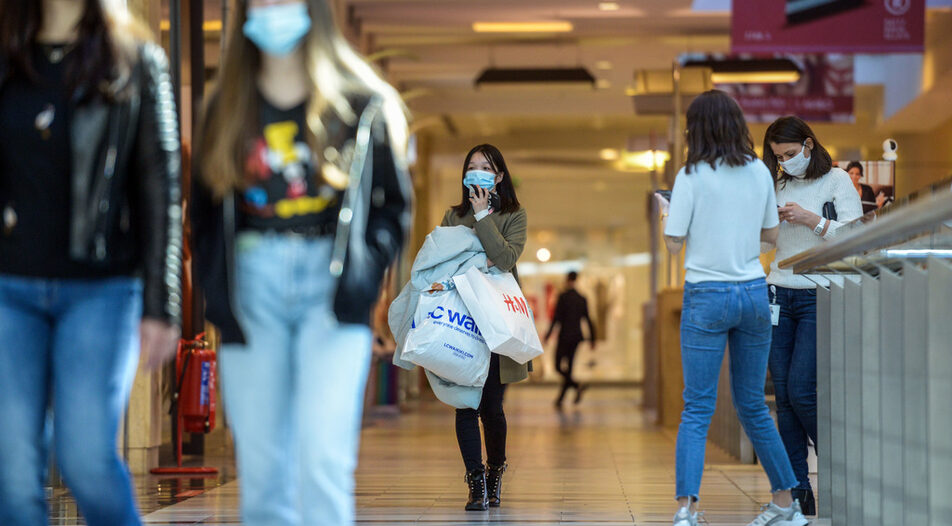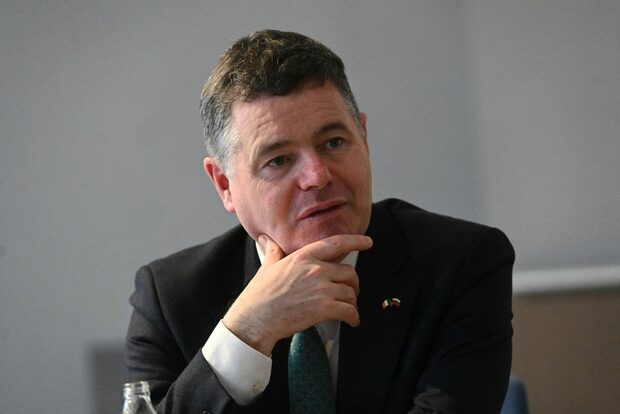- Bulgarian economy expanded strongly in the second quarter mainly on the back of the low comparison base in the pandemic-marred 2020
- The forecasts are for 4% GDP growth in the full year 2021
For the first time in 20 years and a half, Bulgaria achieved economic growth above 9% per quarter on an annual comparison basis. Bulgaria's gross domestic product (GDP) grew by 9.6% year-on-year in the second quarter of 2021, following a 1.8% decrease in the previous quarter. This peak is similar to the one recorded in October-December 2000 and as you might guess, is not because of some economic miracle, but is due to the low comparison base of 2020 when the pandemic and the economic crisis it caused.
But there is more. Despite rising inflation rate the population's purchasing power is continuing to increase and wages keep growing. Also, the labor market is recovering and economic prospects are improving.
The economic recovery still looks fragile although most institutions have improved their forecasts for this year and already expect economic expansion of more than 4% in 2021.
For example, the Bulgarian National Bank said that in the third and fourth quarters of 2021 the gradual acceleration of inflation is expected to be sustained, reflecting mostly the assumptions of upward developments in international food and petroleum product prices over this period compared with the end of last year.
According to the most recent data published by the National Statistical Institute (NSI), Bulgaria's consumer prices rose by 3.0% year-on-year in July, following a 2.7% increase in June.
After the crisis
Consumption remained Bulgaria's strongest economic growth driver in the second quarter. Economic output increased by 6.7% on an annual comparison basis in April-June 2021 and was 2.5% higher compared to the previous quarter. A possible reason for the increase is the lifting of coronavirus restrictions. Another important factor is the rise in household income.
In the second quarter, the average gross wage in the country increased by 14.1% year-on-year, reaching 1525 levs (776 euro). In the same period, inflation was lower than 3%. The increase is due to a rise in the minimum wage set by the government and the salaries of public employees.
The labor market is also improving. According to Employment Agency data, the jobless rate fell to 5.2% in June and went further down to 5% in July. These are record values for the local labor market.
Good news can be found in investment data too. Investments grew in the second quarter - gross capital formation increased by 4.2% on an annual basis and was up 0.6% compared to the previous quarter. Trade contracted slightly on a quarterly comparison basis in April-June, but in annual terms, there was an increase of 20.3% for exports of goods and services and 28.6% for imports.
In general, most macroeconomic forecasts are for Bulgarian GDP growth of over 4% in 2021 and a similar rate in 2022, so the local economy may return to pre-crisis levels at the end of this year (according to UniCredit Bulbank) or the beginning of next year (according to the BNB). However, the recovery remains fragile.
"The main risk for the realization of this positive scenario is linked to a potential new wave of the coronavirus this winter," said Kristofor Pavlov, chief economist at UniCredit Bulbank. The bank expects annual inflation of 2.6% in Bulgaria this year.
Not all economic sectors are recovering at the same pace though. For example, despite the crowded beaches on the Black Sea coast this summer, numbers show that the tourism sector is still suffering. And while in recent months industrial production and construction have returned to pre-crisis levels, trade turnover remains slightly below the levels reached in these months of 2019.
- Bulgarian economy expanded strongly in the second quarter mainly on the back of the low comparison base in the pandemic-marred 2020
- The forecasts are for 4% GDP growth in the full year 2021
For the first time in 20 years and a half, Bulgaria achieved economic growth above 9% per quarter on an annual comparison basis. Bulgaria's gross domestic product (GDP) grew by 9.6% year-on-year in the second quarter of 2021, following a 1.8% decrease in the previous quarter. This peak is similar to the one recorded in October-December 2000 and as you might guess, is not because of some economic miracle, but is due to the low comparison base of 2020 when the pandemic and the economic crisis it caused.












